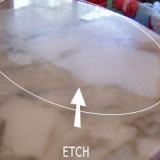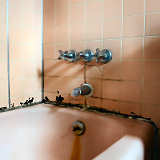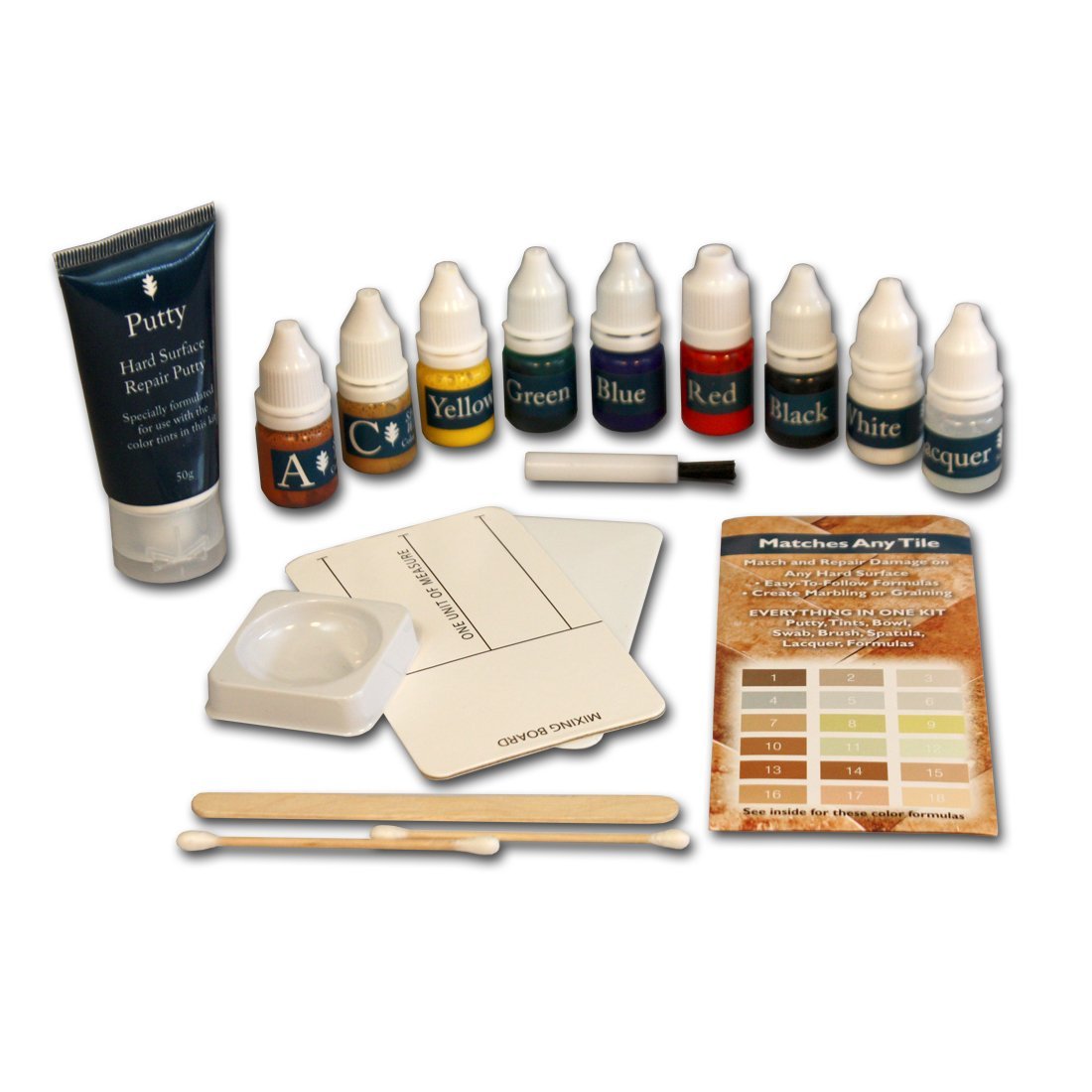Should I Seal My Granite?
My Marble? My Travertine? My Stone?
How does the average person know if they should seal granite, marble, travertine, limestone, onyx or other natural stone?
Do you need to know the natural absorbency of stone?
NOPE! Keep reading... this side of mono-mineral rocks (i.e.: gemstones), every multi mineral stone is somehow porous. While there are stones that absorb liquids like sponges, there are stones that are naturally so dense that no liquid is thin enough to be absorbed by them.
What is interesting to note is that while certain stones have an absorbency rate that indicates their ability to absorb liquids (above 0.2%), they in fact do not absorb anything due to their dramatically increased surface tension once polished.
For example, travertine is rated at 0.4% to 1.0%.
In its rough form it does absorb liquids, though slowly.
If you polish it, it effectively will not absorb a single drop of anything. In fact, nobody ever reported any stain on a polished piece of travertine.
In conclusion, only a certain number of stones can be sealed and, more importantly, the performance of an impregnator is only limited to the reduction of the stones natural absorbency rate if it is - even when polished - above the 0.2% cut off point.
How do I know if I need to seal granite if I don't know the natural absorbency rate?
Great question! So how does the average person know if their stone should be sealed without that kind of information?
It is quite simple and down to earth:
|
This test is well known in the stone industry and is used to determine if you need to seal your stone, when it needs to be resealed, and if your natural stone is perfectly sealed.
If you are looking for a top notch, long lasting, EASY to use sealer... this TEN YEAR Sealer is it! It effectively inhibits liquids from being absorbed by all Natural Stones.





